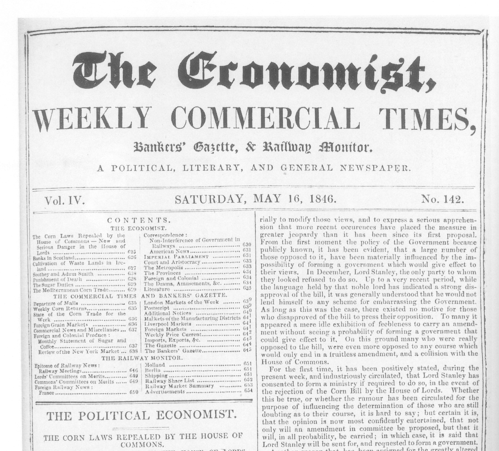English for Economists II

Learning Outcomes
- Acquisition of an advanced level of knowledge and the seamless use of English for Specific Purposes (ESP) regarding the four basic skills: reading, writing, listening, and speaking.
- Understanding and analyzing authentic material (texts related to their scientific field) with teaching focused on developing language use skills.
- Familiarization of students with basic principles of academic writing and research related to their science.
- Development of critical and analytical thinking.
- Reading, understanding, analyzing the language of a published journal paper in the field of economics.
Course Contents
Alongside the book from the previous semester and the instructor’s notes, we will use the book “READING AND WRITING ENGLISH FOR ADVANCED STUDENTS OF ECONOMICS AND BUSINESS MANAGEMENT.” The aim is to familiarize students with the basic principles of academic writing and research related to their field. The texts selected for linguistic analysis and comprehension aim at acquiring and consolidating academic vocabulary and understanding the language used in economics. At the same time, through the screening of video clips, students can connect science with reality and develop critical and analytical thinking.
Topics:
- Macroeconomics: Terms and definitions
- Consumption and investment – Economic cycles
- Aggregate supply and demand
- International Trade – Trade Barriers
- Film clips: Financial markets and securities. ‘Bubbles’ versus market fundamentals
- Film clips: The economics of immigration. Illegal trade
- Film screening: Capitalist systems
- Economic Systems – Exploring different economic systems such as capitalism, socialism, and mixed economies
- Special Topics: The Economics of the pharmaceutics Industry. Film screening
- Academic writing: Analysis of results
- Writing “Economics” – The economic approach to writing.The structure of papers published in economic science journals
- Academic writing: Summary, Paraphrasing, Citing sources
- Reading, understanding, and summarizing a published paper in an economic journal
Teaching Activities
Lectures (3 hours per week)
Teaching Organization
|
Activity |
Semester workload |
| Lectures |
13X3 = 39 hours |
| Hours for private studying
Studying language and lexical exercises |
11 hours |
| Α. Optional presentation (topic selection in consultation with the instructor): 30% |
|
| Β. Optional assignment through the e-class platform: 10% |
|
| Total number of hours for the Course (25 hours of work-load per ECTS credit) |
50 hours (total student work-load) |
Assessment
The evaluation is done:
(a) through a written examination at the end of the semester, which includes multiple-choice questions, true/false questions, fill-in-the-blank with the correct economic term, matching terms and definitions, text comprehension questions, and short answer questions (60% of the final grade).
(b) by completing optional assignment A (30% of the final grade).
(c) by completing optional assignment B (10% of the final grade).
The course grade will be based 100% on the final exam for students who choose not to complete the optional assignments.
Use of ICT
- Use of ICT in teaching (Google Docs, polls, word clouds, infographics, PowerPoint, interactive games and exercises)
- Use of the e-class electronic platform


